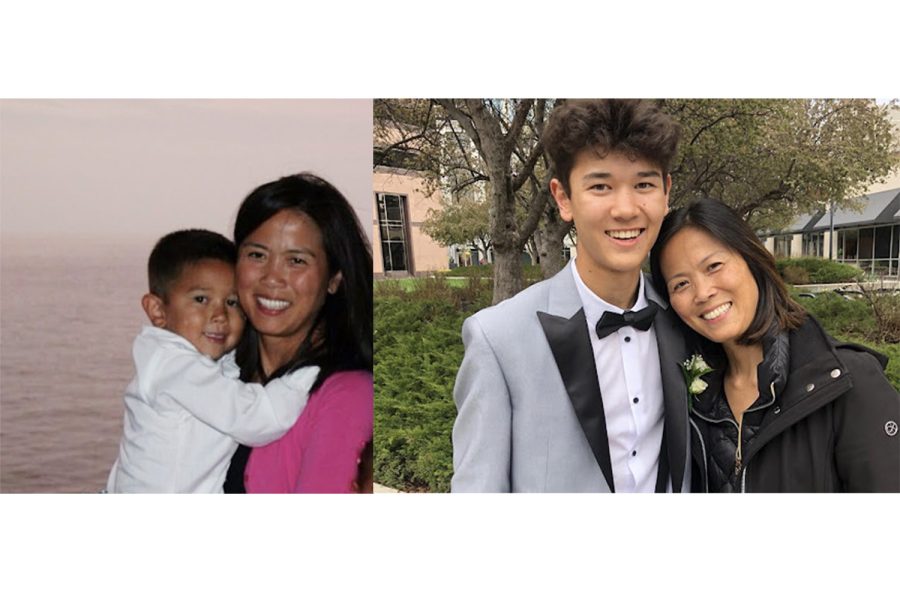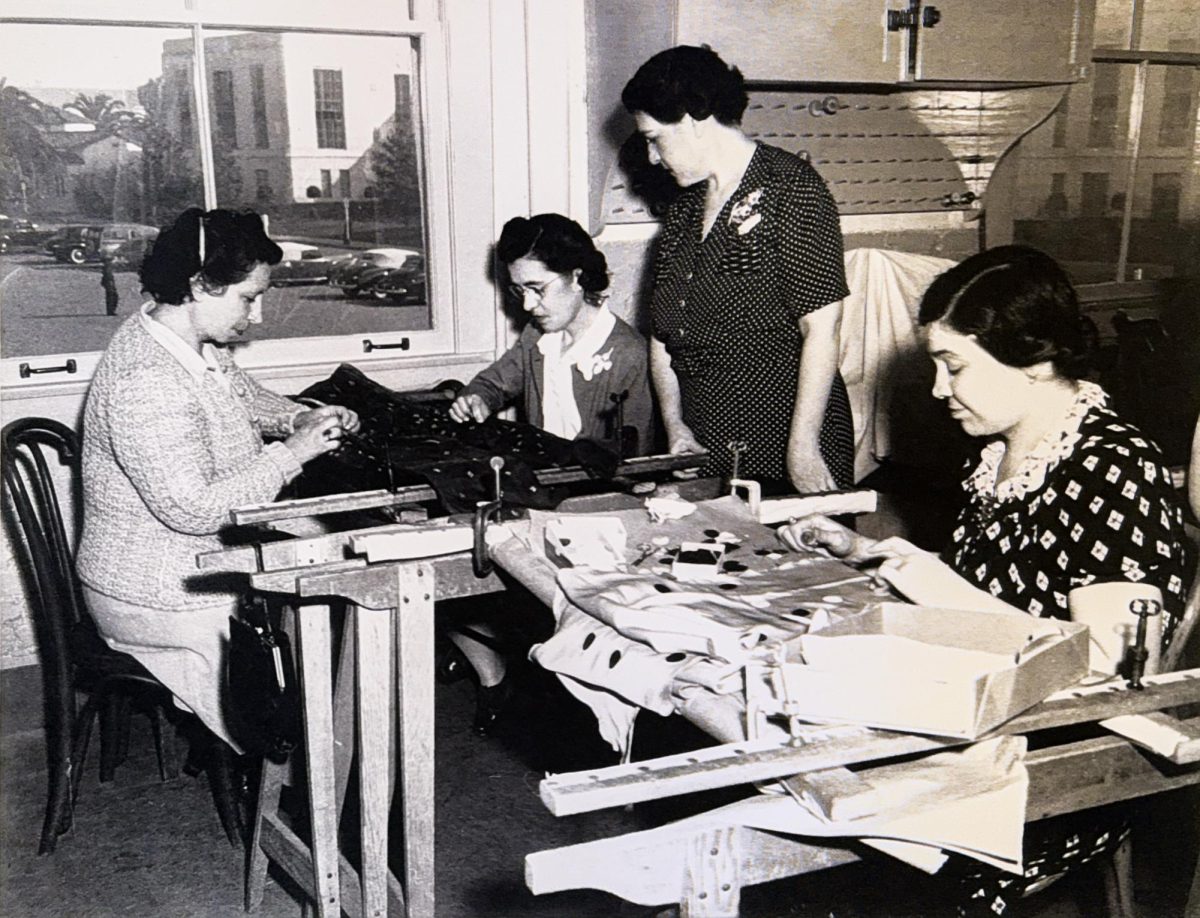 I myself have lived through the trials and tribulations of being an asian son. However, my experience differed slightly to my cousins who had these so-called tiger mothers.
I myself have lived through the trials and tribulations of being an asian son. However, my experience differed slightly to my cousins who had these so-called tiger mothers.
In my household, I had two sisters, my mother and, most shockingly, a white father.
You could place my dad and I together in public and have people assume I was adopted or kidnapped with only our personalities to match in stubbornness.
Tiger parents are defined to have a far stricter parenting style than traditional parents while being highly invested in their child’s success.
There are many benefits from this method of parenting, however there must be emotional balance to children growing up this way.
First and second generation immigrant parents have been stapled to the stereotype of being overbearing caretakers when it comes to their child’s education and overall life.
The stereotype is even more commonly associated with asian mothers. This parenting style has become so apparent and stressed in the asian community, children grow up with no desire to be like their parents. Yet, as they age the parenting cycle repeats with the exponential rise of pressure to be successful in society.
Being a mixed household, my dad became the wise disciplinarian and my mom aligned herself as the voice of logic and feelings.
In junior year I handed her my report card with a bolded ‘C’ in my pre-calc class. I attempted every way to avoid contact with her that day fearing the three-headed lion of my mother would rip me of every social pleasure I had.
After her initial shock and judgment of my lack of success, she experienced repentance for her verbal barrage against her son who at the time didn’t know he had dyslexia.
Rather than sending me to my room she sat me down and we explored all the options I had to reach the level of success we both wanted. In the end, I dropped the class and took an easier course as it became clear math was not my strong suit.
I’ve found many full blown tiger mothers’ children struggle with the social situation of any possibility failing a colleagues standards that have been bestowed onto them.
In that regard, I love that I was raised by a ‘white-washed tiger mother.’ It was a blend of being pushed hard and also learning to stand your ground when you didn’t meet the expectations of others.
With today’s fast-paced world it’s crucial to find balance in life. It is easy to become careless and go through the motions. My mother taught me to simply “keep moving” and that “our potential can only be reached through action”.
No child is failing their parents if they are simply trying. The act of doing speaks volumes to character as opposed to dreaming.
There are both sides to this ideology on parenting. Full blown tiger mothers have children who are very capable in the classroom and often reap the benefits of working hard in their youth, while studies suggest this style of parenting substantially increases depressive symptoms. So the dream of creating prodigies through parenting doesn’t directly contribute to the child’s potential but, merely how far they can maximize it.
There are many styles and methods to how we raise the next generation. There is no proper definition of a right and wrong way to raise a child, without obvious ethical exceptions, as each situation is different. In many cases, these kids need to be pushed out of their comfort zone to learn. Not everyone has the opportunity to fall back on family but, if we can, we should feel comfortable asking for help.











![Milton Alejandro Lopez Plascencia holds a flag showcasing the United States and Mexico on Feb. 7 in Santa Barbara, Calif. “It’s heartbreaking to see what is happening all across the country,” Lopez Plascencia said. “I [want] my voice to be heard by the community.”](https://www.thechannels.org/wp-content/uploads/2025/05/MGSImmigration-1-1200x800.jpg)



